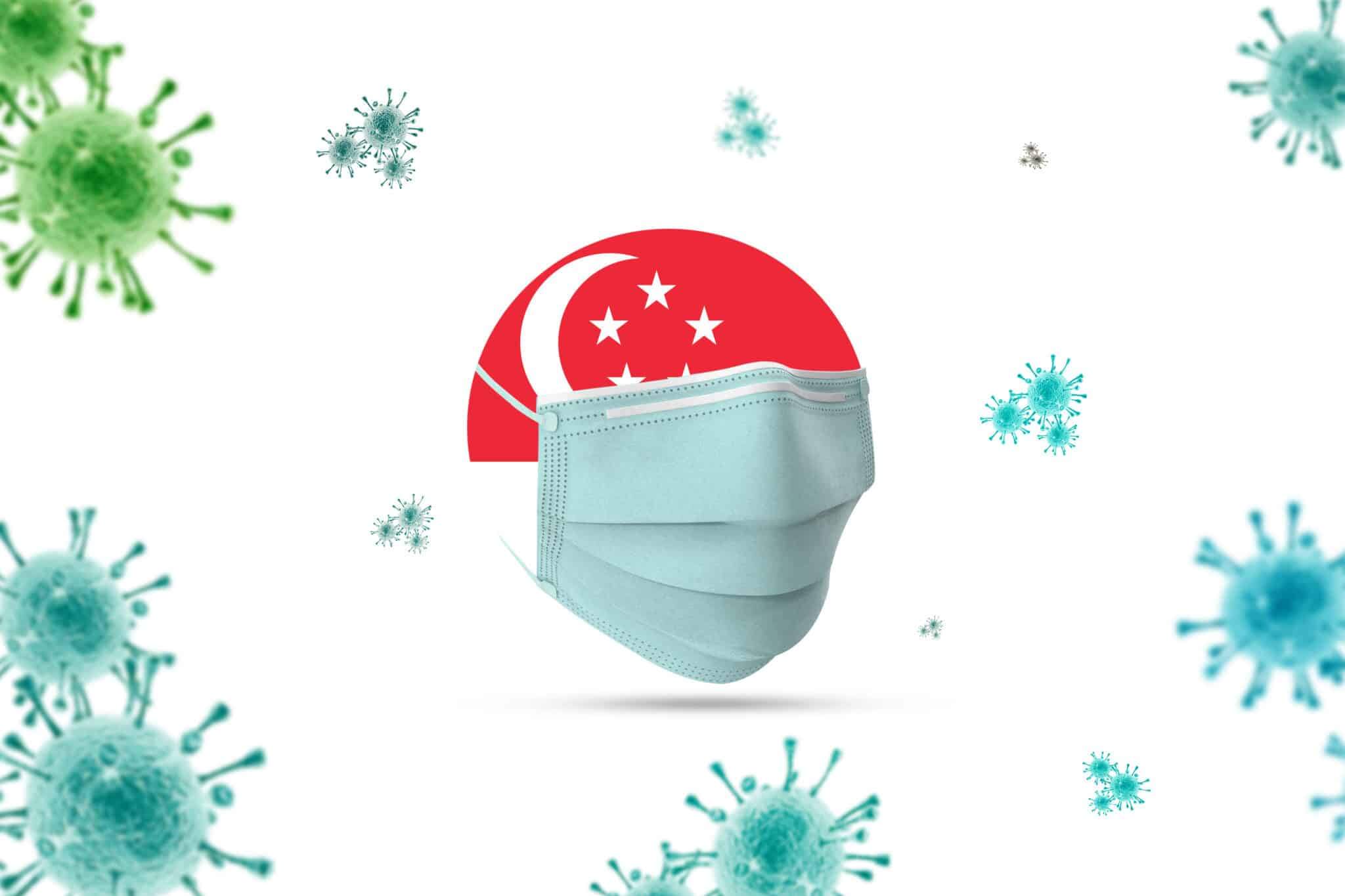
Corona Cases in Singapore Peak As Second Wave Ignites
Singapore stands out as one of the hardest-hit Asian economies by the coronavirus, and it looks like the country is heading for far worse economic news from the newly brewing health crisis.
Singapore’s National Development Minister, Lawrence Wong is also the co-head of Singapore’s taskforce against COVID-19. Wong said that the country is currently conducting extensive testing of migrant workers’ housing dormitories and is expecting to record new cases for a while in the near future.
The dormitories were significantly responsible for 19,410 new confirmed cases in April, according to the ministry of health data.
“We continue to pick up many more cases amongst Work Permit holders residing in dormitories. This is including in factory-converted dormitories, because of extensive testing in these premises.”
In the past two weeks, Singapore has recorded the highest new confirmed cases in Asia. Wong maintains that the outbreak hasn’t even reached its peak and is far from over.
High Infection Cases Coming From Migrant Co-Living Dormitory Spaces
Out of the 19,410 confirmed cases as of May 5, the Ministry of Health accounted for 87.6% of migrant workers living in the dormitories. These new cases are part of the rising cases that started to surge in April with around 8,000 cases being directly in connection to the dormitories.
“Foreign workers live in dorms that can go up to thousands in numbers, each of them housed in rooms to about 10 to 12 with a communal toilet that serves 10 people also…you can understand that they would be living in situations that allow easy transmission of the virus.” Said Wong.
Singapore is currently carrying extensive tests on workers that are reporting sick to health care facilities. As well as those in the dormitories, who are asymptomatic.
“We’re still picking up quite a high number of cases in the dormitories. I think that will remain for some time. It’s a very serious outbreak, but we’re making progress bringing the outbreak in the dormitories under control.”
Despite this new outbreak that will likely set Singapore’s economy further back from its already dire situation, Singapore has in the past been praised for super vigilance in handling the coronavirus outbreak earlier in March.
Singapore to Reconsider Migrant Workers Communal Living Design
The new development in rising cases, as Wong stated, will make the government reconsider or change the communal living space design in the dormitories to curb the spread of the coronavirus.
Majority of the migrant workers living in the dormitories are men from surrounding Asian countries. The packed condition of the co-living spaces has now raised questions among observers. Why the government did not recognize them as hotbeds early enough?
Wong said that the problem is the communal design of the dormitories. Which made it harder to successfully enforce safeguards and precautions, despite the government’s efforts.
“At the start of the outbreak, non-essential communal activities came to a halt. And I think the lesson we’ve learned from this experience is that with this pandemic- unprecedented pandemic-the safeguards were not sufficient and the design of the dormitories have to change,” Wong stated.
Other Lockdown Measures Will Still Ease Up In the Coming Month
The extensive testing is happening alongside the other partial lockdown measures taking place in the country. These measures include the shutdown of learning institutions. As well as non-essential work services.
The fate of the global economy, which is still in recession, still hangs in the balance. Even as Several European countries that reacted with proactive measures to the coronavirus like Singapore, have also started to gradually lift their lockdown measures.
In recent weeks, Moody Analytics predicted dire economic news for Singapore. Chief Pacific Economist, Steve Cochraine said that together with Japan, the two countries will be the hardest hit Asian economies. And will significantly contribute to the zero growth rate in 2020, in APAC.




